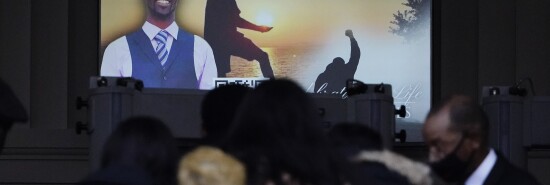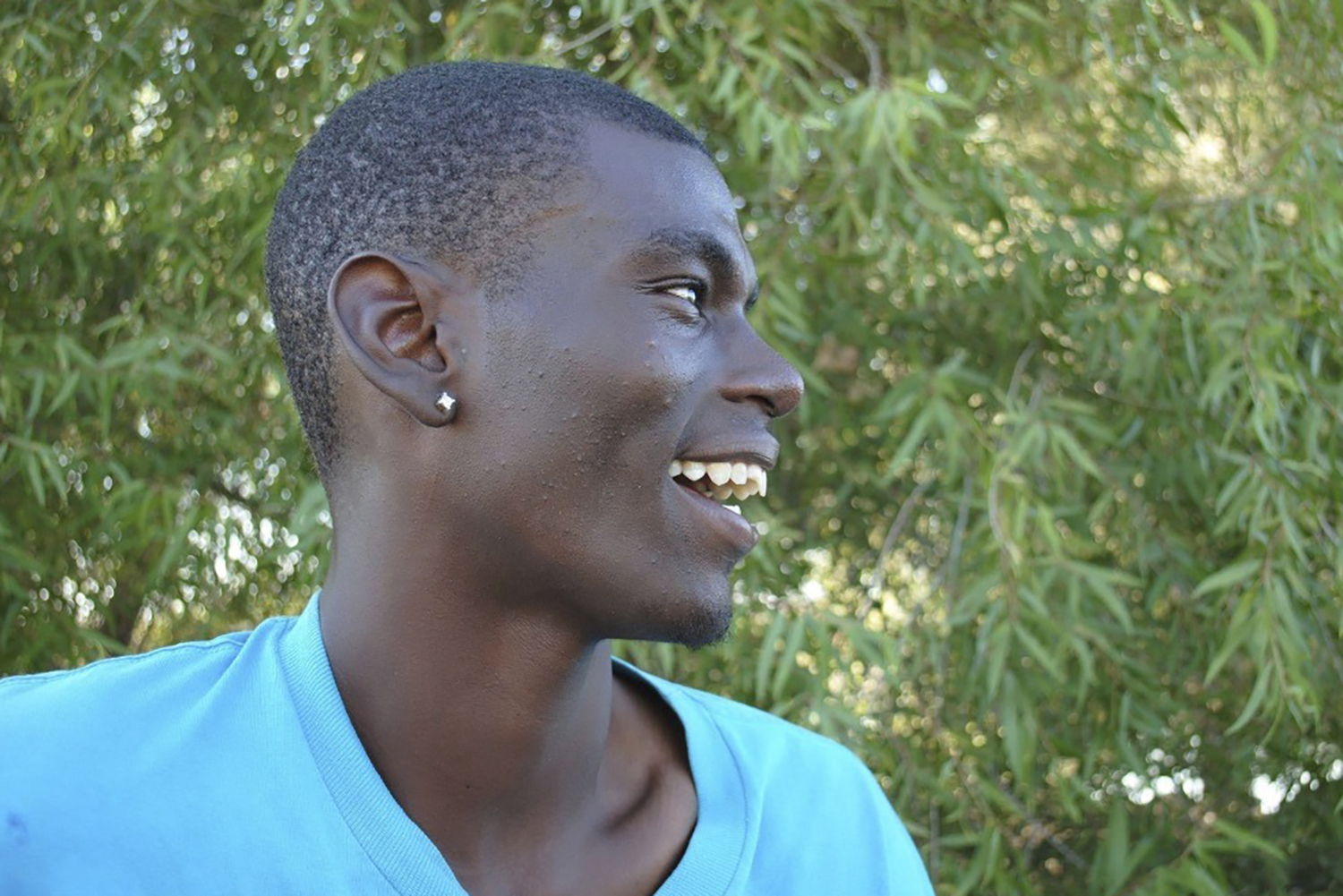
Police aggression transcends race
Dan Hannan
Video Embed
Why only now? Why did it take the monstrous footage of Tyre Nichols being dragged from his car and beaten to death by five black policemen to stimulate a serious bipartisan discussion of curbing police powers?
It has been obvious for years that many cops are overly aggressive and confrontational. In 2014, a policeman placed his knee on the neck of Eric Garner, who had been detained for selling untaxed cigarettes in the streets of New York City, and kept it there while Garner choked to death. Cellphone footage caught him rasping out the same chilling last words as George Floyd six years later: “I can’t breathe.”
‘DEFUND THE POLICE’ BECOMES POLITICAL THIRD RAIL IN BIDEN’S FIRST TWO YEARS
In between those two atrocities, there were numerous other cases of black people unlawfully killed by police officers: Akai Gurley in Brooklyn; Freddie Gray in Baltimore; Stephon Clark in Sacramento; Botham Dean in Dallas, and many others. Some became national causes célèbres, others remained statistics. The sheer numbers should have told any observer that America has a problem with trigger-happy cops.
Lots of countries have rogue police officers, of course. Even in Britain, where the coppers are famously unarmed and friendly, there has recently been a horrifying case of rape by an officer. Indeed, a couple of years ago, a British policeman was found to have murdered a young woman on her way home. But these lapses cause months of agonized debate and soul-searching. In general, British police are still ordinary citizens, with no more power than anyone else, except insofar as they are contingently bestowed by a magistrate for a specific purpose. They really are, as we used to teach our children, the people to approach if you need directions.
How can the U.S., starting from a similar place, have evolved so many forces which, as we see now on film, behave like street gangs?
At this stage people often talk about “culture,” as though it answered everything. In a country where people have always carried guns, goes the argument, the cops have to be prepared to meet violence with violence.
Sorry, but I’m not buying it. “Culture” is the word we use when we don’t want to look in detail at incentives. The reason American cops behave differently from British cops is that the consequences of misbehavior are different. Alter the incentives, and you will change how they act.
How? There are four things I’d scrap right away: civil asset forfeiture; qualified immunity; pretextual stops; and the war on drugs. I’d strengthen oversight, and introduce clear penalties for excessive force, even when it did not lead to tragic outcomes. I would, in short, try to put the police on the same legal footing as the rest of the population.

Why has this not happened? Why was it not enacted immediately after the Eric Garner case, or the horrors in Missouri? We all know the answer. Those abuses were pressed, like everything else, into the what Gramsci would have called the hegemonic narrative, namely race and racism. The problem was seen, not as cops mistreating citizens, but as white cops mistreating black citizens.
Now, racism exists, in the police as elsewhere. It is hard not to conclude from the statistics that black Americans are disproportionately likely to suffer at the hands of law enforcement officers which must mean, by the law of averages, that they are also more likely to suffer abuses. But tackling police racism does not, on its own, tackle the problem of overweening police forces.
It has taken an abuse by black officers to make people face up to the nature of the problem — namely the culture of impunity. Even now, BLM is trying to claim that racism is the real problem, claiming that Nichols “mattered to everyone except those upholding state-sanctioned violence and a dangerous cycle of white supremacy.”
CLICK HERE TO READ MORE FROM THE WASHINGTON EXAMINER
But the way to stop such abuses in future is not racism-awareness training. It is demilitarization, transparency, oversight, and, as far as training goes, an emphasis on the rights of every citizen.
In the aftermath of the Garner abomination, a handful of campaigners tried to make this case — applause, please, for Reason Magazine and for Justin Amash, then still in Congress, who introduced a bill to remove qualified immunity — but they were drowned out by the BLM crowd, whose inconsistencies no one dared challenge. That cowardice is why these things still happen. If any good comes out of what Nichols and his family have suffered, let it be a return to the notion of a police officer as a citizen in uniform.
